The Tartarus Key is an impressive tribute to the low-poly aesthetics of the PS1 era, taking the classic look and approach that was present in a great deal of its survival horror releases. While the title itself is not true survival horror, it does feature many of the genre staples of having a mystery to unravel, a gloomy mansion to explore, and puzzles to see you through. While the Tartarus Key is a rather short affair, clocking in at around 4-5 hours, multiple endings do give you a reason to dive back in and discover more about just what exactly is going on.
As Alex Young, you wake up in a room you do not know, unaware of how you even got there and who is responsible for your current surroundings. And once equipped with a two-way radio, you soon discover that you are not alone. However, each of the game’s five companions are trapped, facing death straight in the face unless you solve a puzzle that is tied directly to their survival. If a character dies, you can either reload an earlier save to attempt that puzzle again or continue on with them detached from the story.
The first of these companions is Torres, an ex-cop who is attempting to put the pieces together of a cold case that she was a part of some time ago. Torres and Alex are the key characters of this story, regardless of the additional folk you discover on the way. While the entire cast has some variety amongst them, Ruth, Charles, William, and Kai, rarely feature into the story apart from their own backstories and some optional conversations. While William does have ties to some of the bigger picture at large, little is done here with that information other than teasing much of it.
If you manage to achieve the game’s good ending, then you are treated to a post narrative of where their lives took them, although with how limited some of their time is here, it was hard to get invested in them or their supposed futures, especially Ruth, since she appears less than an hour before you wrap credits. The true ending does offer a great deal more of what has transpired, with a few altered and additional lines to explain what occurred after the game ended. While the clarity of certain events is explained in this ending, to a point, I have to say that I sort of wish more of the game went into what this ending offered, both in terms of its narrative and your surroundings, even if I had far more questions than answers once the credits rolled. I wasn’t wholly dissatisfied with the ending, but it didn’t quite live up to what I wanted from it.
The Tartarus Key is, more or less, an escape room game. Each room has a puzzle that sends you to the next with the characters’ lives hanging in the balance. The puzzles don’t necessarily ramp up as time goes on, although the puzzles that decide their fate are considerably more involved than just inputting a code or pushing a button. The mansion itself is a series of locked doors that open based on story progress, with keys, passcodes, and the like all serving to push you through its halls.
While additional playthroughs may lessen each puzzle's appeal, since there is just a single solution to work with, the bulk of these range from being rather clever to often being far too obtuse for their own good. From turning knobs to attaching cables to entering codes found in cryptic handwriting, the bulk of what is here does work. Whether it was preparing a certain cocktail under the right conditions to constructing an antidote for a deadly poison, those looking for a decent level of variety in their puzzles should be more than satisfied. One puzzle that I wasn’t too keen on involved a series of three tests to navigate a companion through a prison cell. I just didn’t find it to be engaging whatsoever. I’ll also point out that a certain coffin puzzle also felt a tad boring in its design.
Apart from the puzzles is the central story, its characters, and the dialogue written for them. I have to give Vertical Reach some props as the writing here is certainly much better than your average indie game, especially from a team so small. Alex, Torres, and each of the cast have distinct voices, approaches to coping with their situation, and their humor. Given the nod to the era of the PS1, I certainly feel that voice acting, even if it was as cheesy as it could have been, would have really hit the spot here. The game is perfectly fine without it, but many of the games it is inspired by had voices for their characters that helped set the tone each game is known for.
The Tartarus Key also comes with a few options to aid you in your quest to escape the mansion. Apart from a FOV slider, you can toggle a CRT setting, affine texture mapping, a vertical shake reduction to the game’s models, as well as a few accessibility options like a different font, subtitle settings, and disabling camera shake. While most of these settings don’t provide night and day differences, the fact that such a small team took the time to even include them is definitely a bonus.
As mentioned, The Tartarus Key pulls from the PS1 era, featuring visuals that feel right at home when compared to the limitation of that hardware back in the day. Both the game’s characters and environments succeed in what Vertical Reach has shot for and those looking for an old-school adventure to sink their teeth into should feel right at home here. The game itself is first-person with a cursor to select the various clues, items, and more, with a fairly generous range that doesn’t feel too picky in selecting items. As the game is solely focused on puzzle-solving and character interactions, there is no combat or threat to Alex whatsoever, with no game over screen haunting you at every corner.
The Tartarus Key does a lot right with smartly written characters, some clever puzzles, and a look that more than suits what the team was aiming for. However, I wasn’t too invested in the moments of the story that wrapped up its true narrative, finding it to feel rushed and unfulfilling. I personally dug into what Vertical Reach has put together here but would have preferred a slightly longer game that took the time to flesh out its additional characters and grant a more satisfying conclusion, given that the game is entirely written around a mystery. Overall, The Tartarus Key was still a game I did quite enjoy, even if its lows are pretty damn noticeable.
Developer - Vertical Reach. Publisher - Armor Game Studios. Released - May 31st, 2023. Available On - Xbox, PS4/5, Nintendo Switch, Steam. Rated - (M) - Blood, Strong Language, Violence Platform Reviewed - Xbox Series X. Review Access - A review code was provided by the PR/publisher for the purpose of this review.
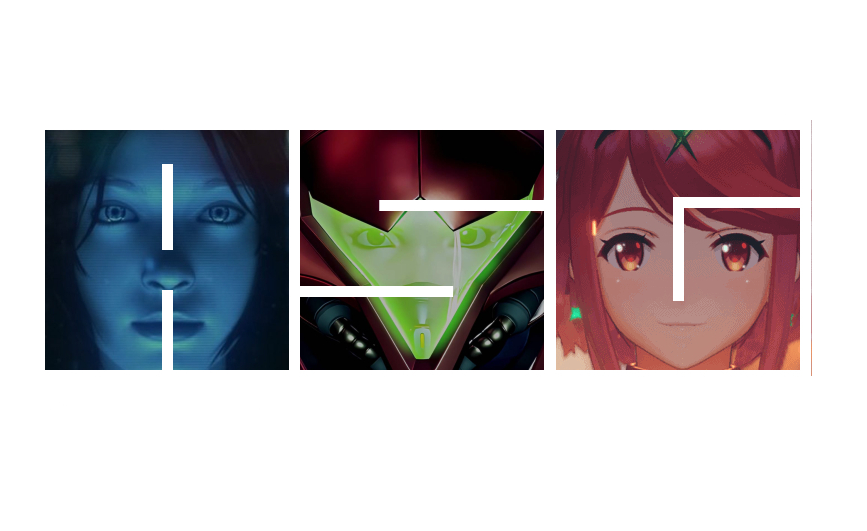

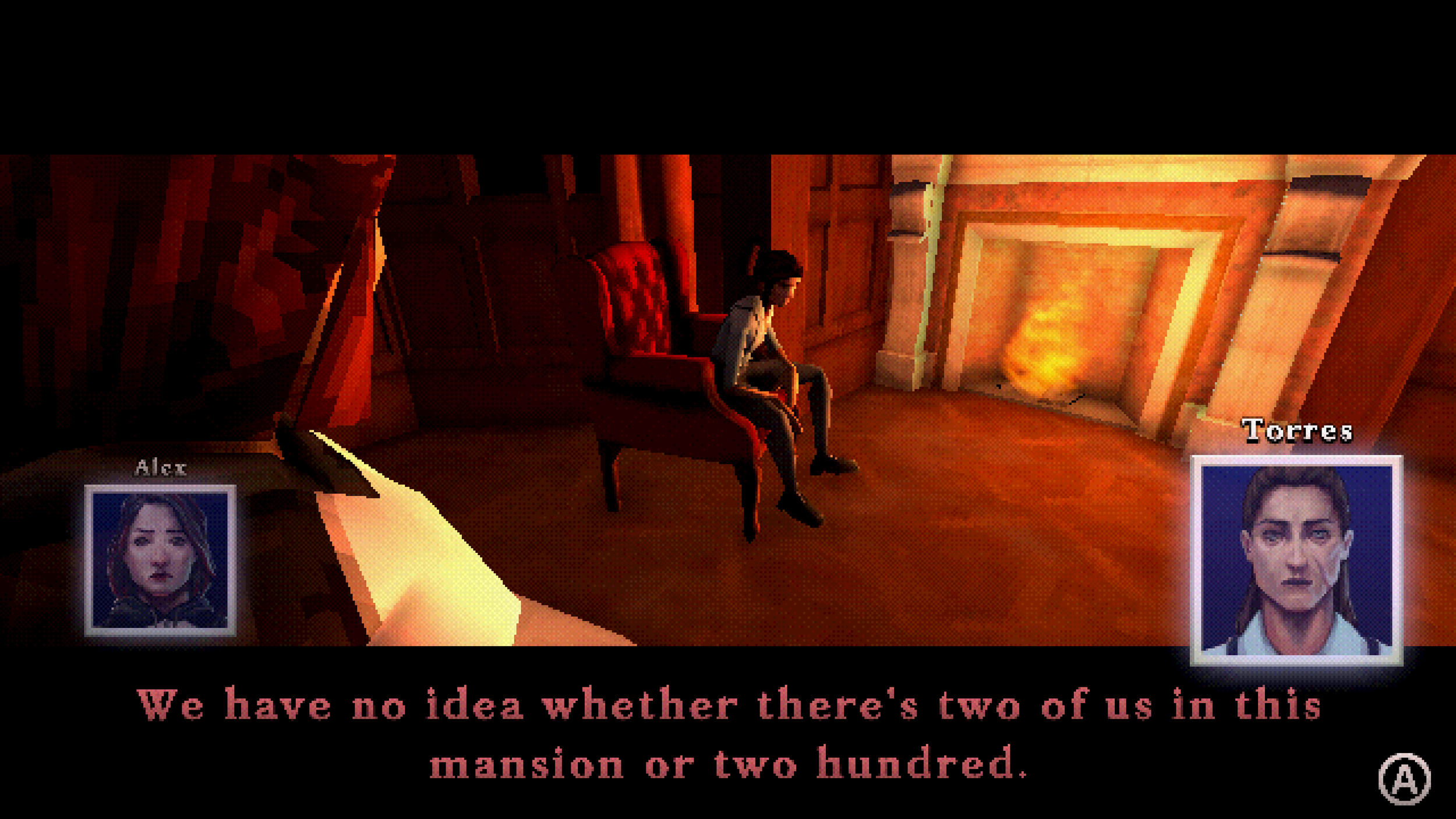
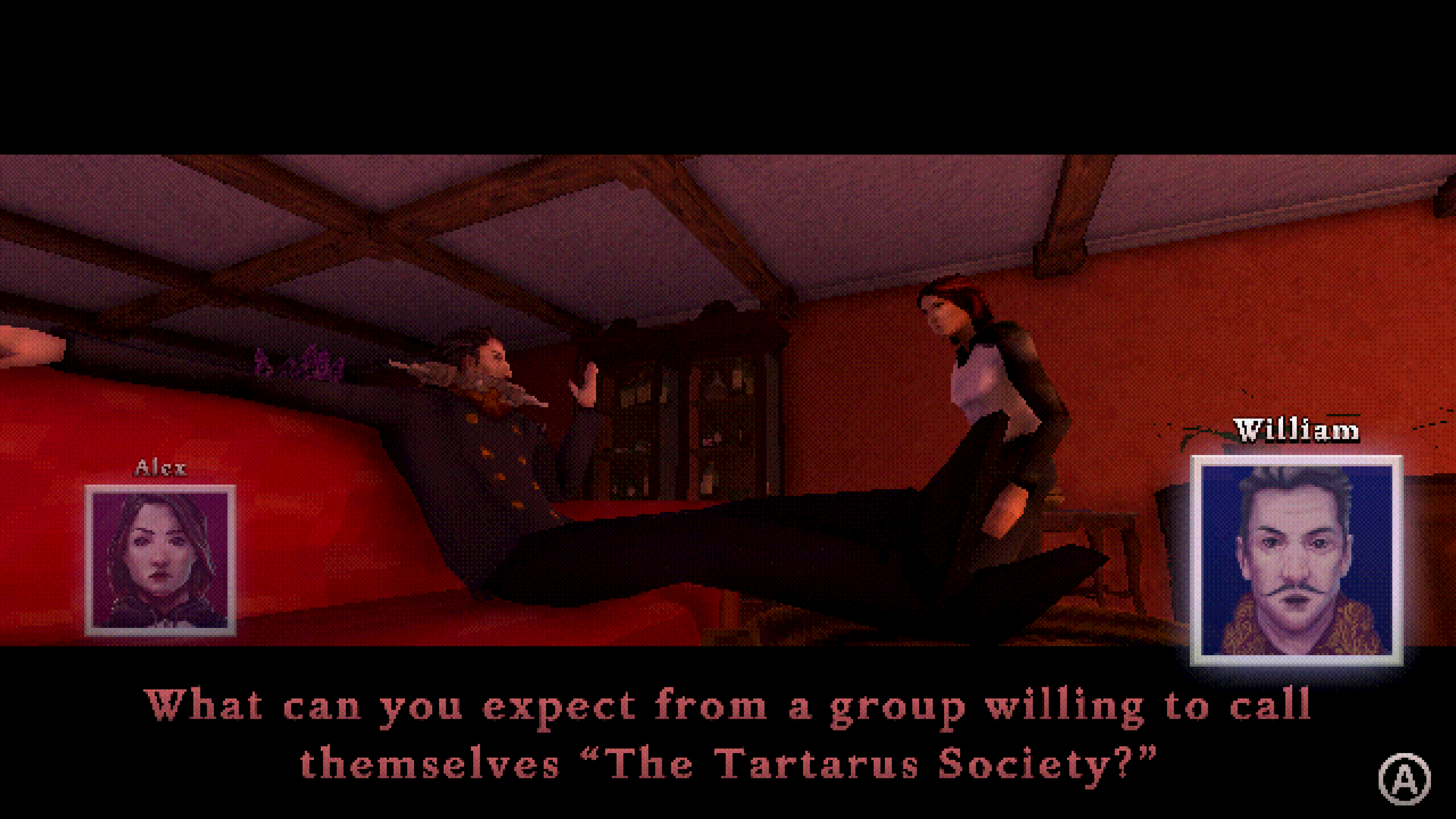
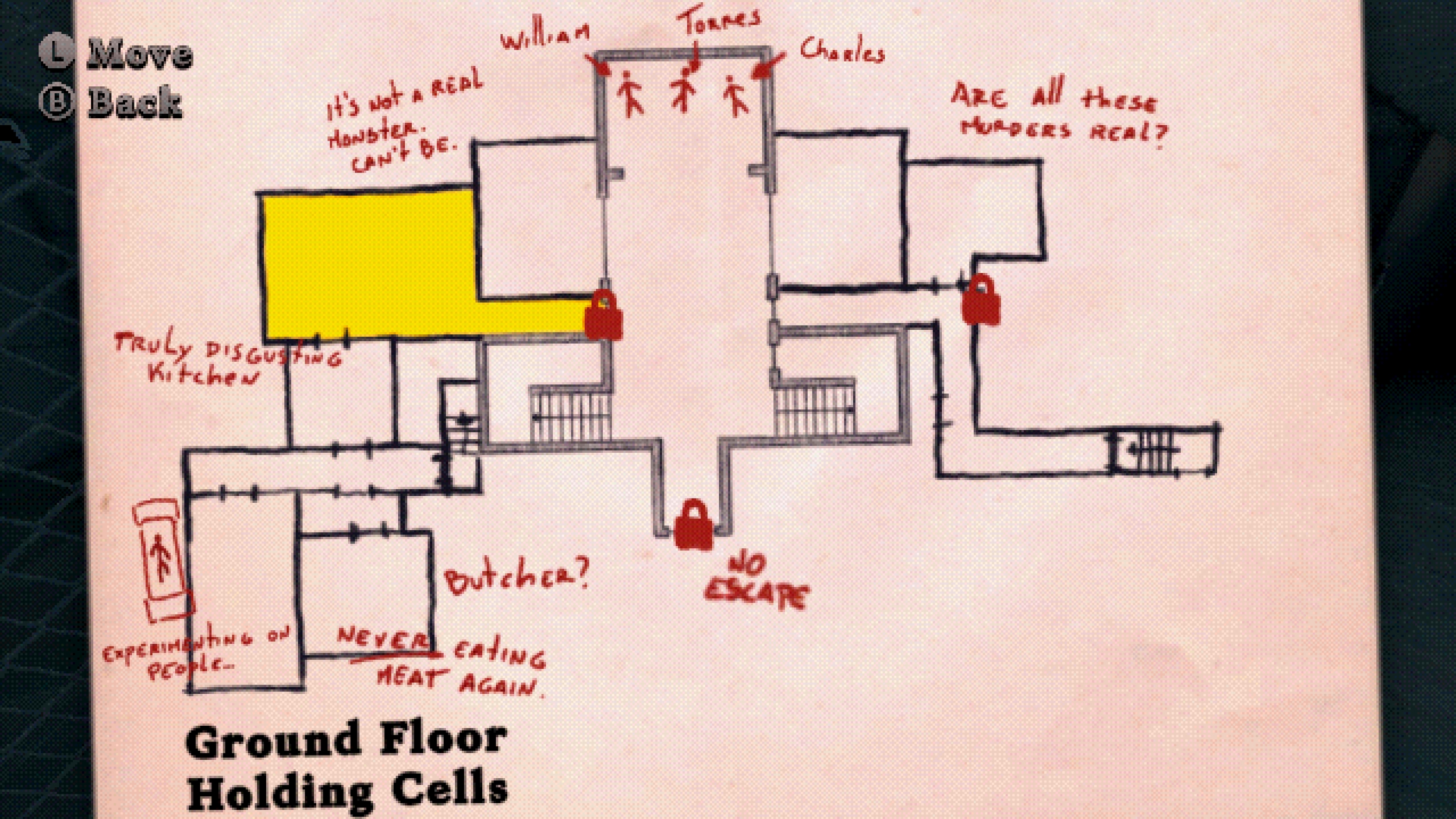
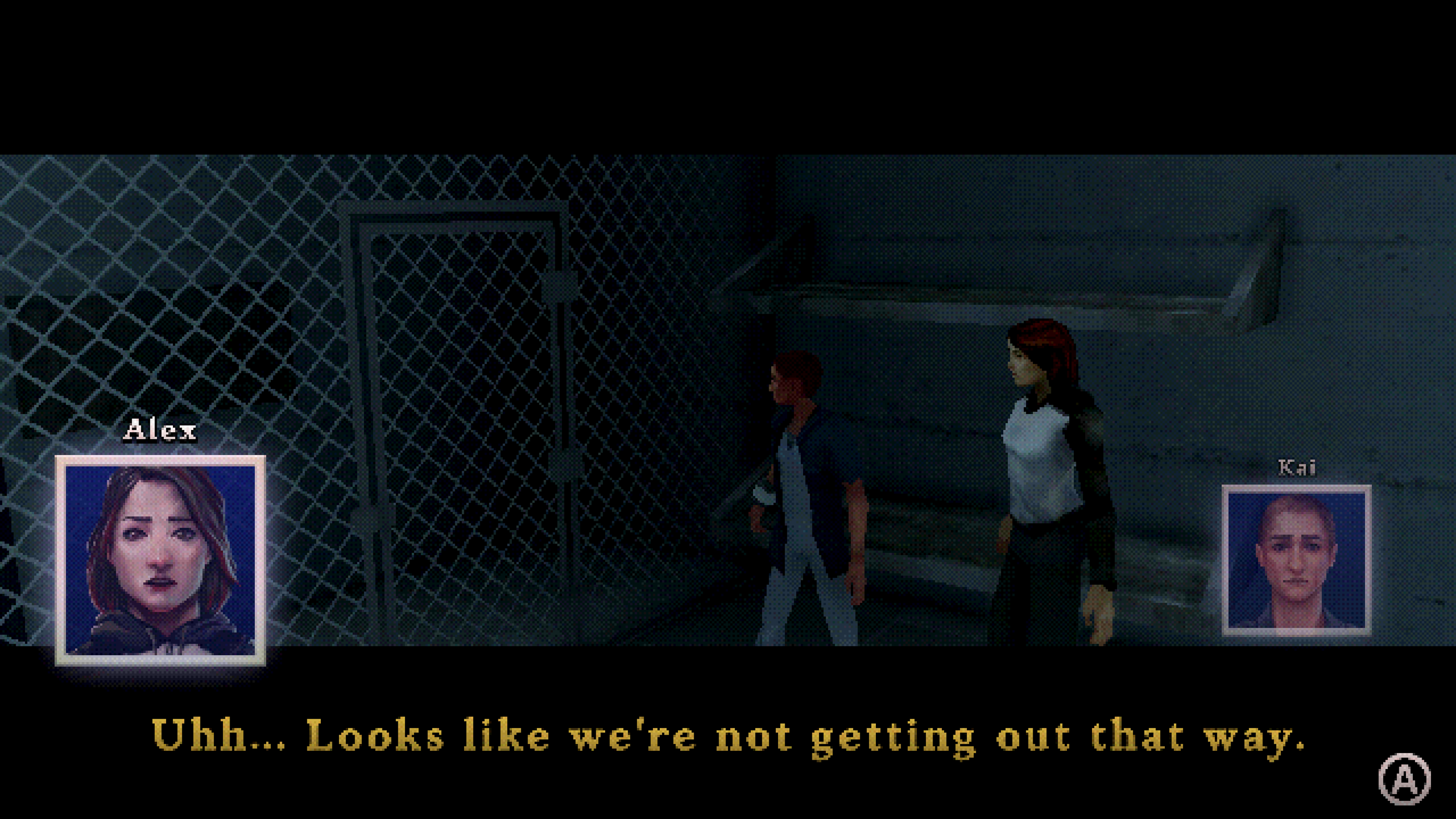



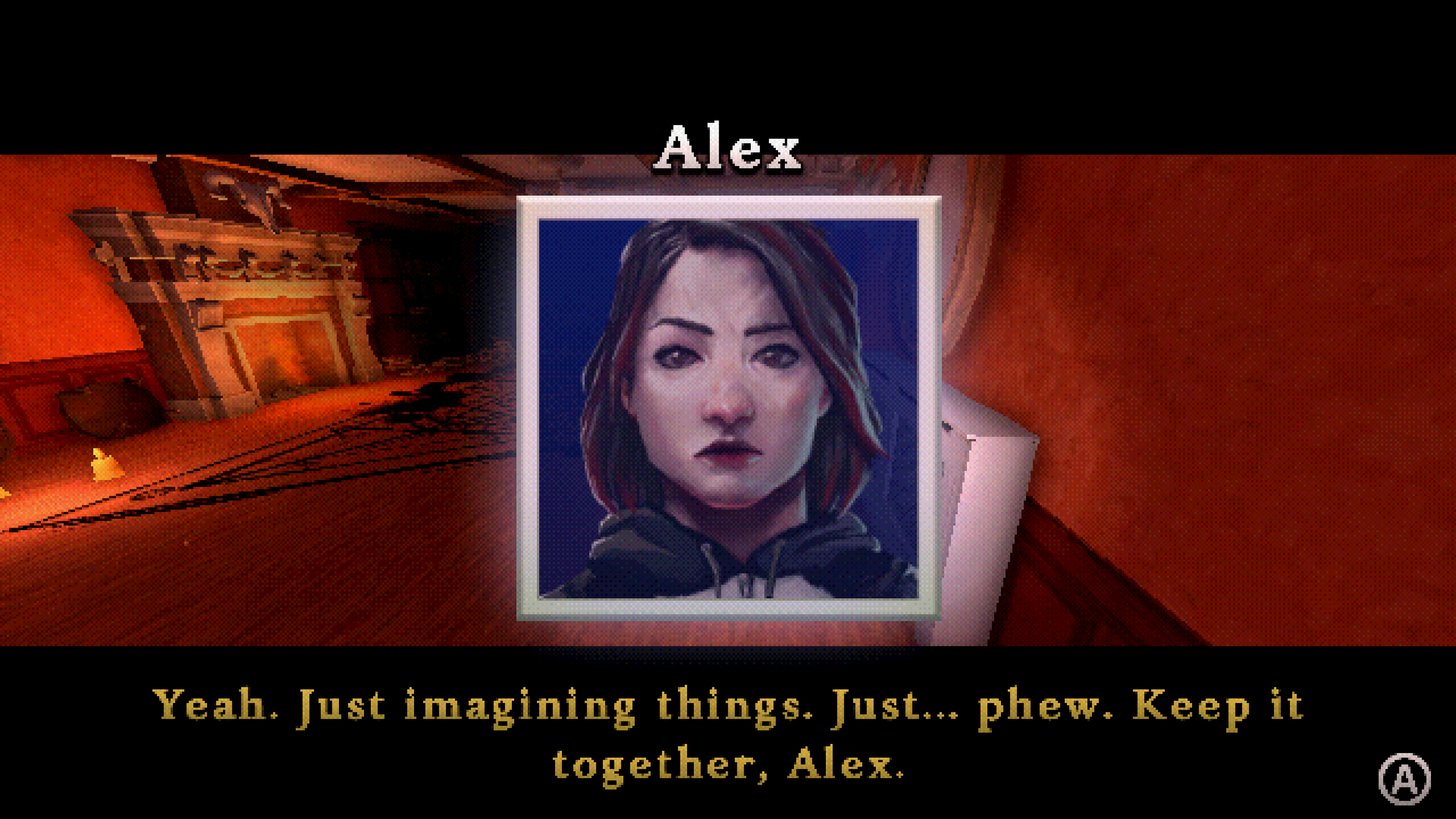



Jeff is the original founder of Analog Stick Gaming. His favorite games include The Witcher III, the Mass Effect Trilogy, Hi-Fi Rush, Stellar Blade, Hellbade: Senua’s Sacrifice, and the Legend of Heroes series, especially Trails of Cold Steel III & IV.